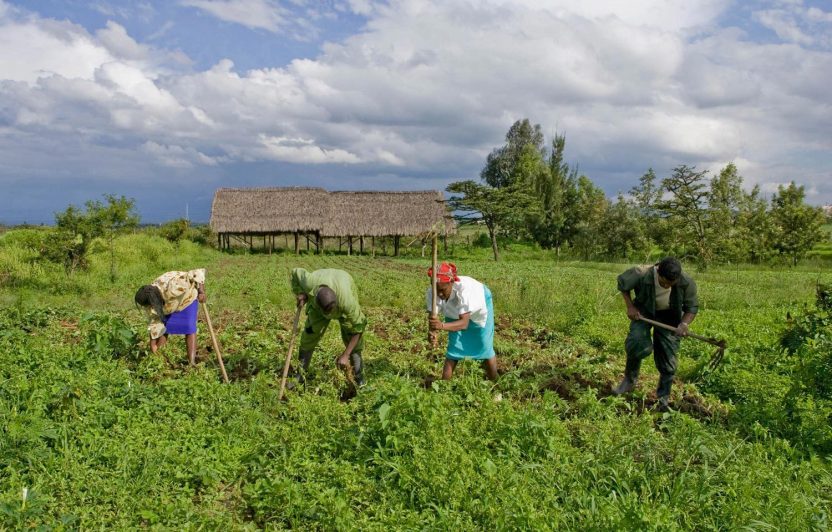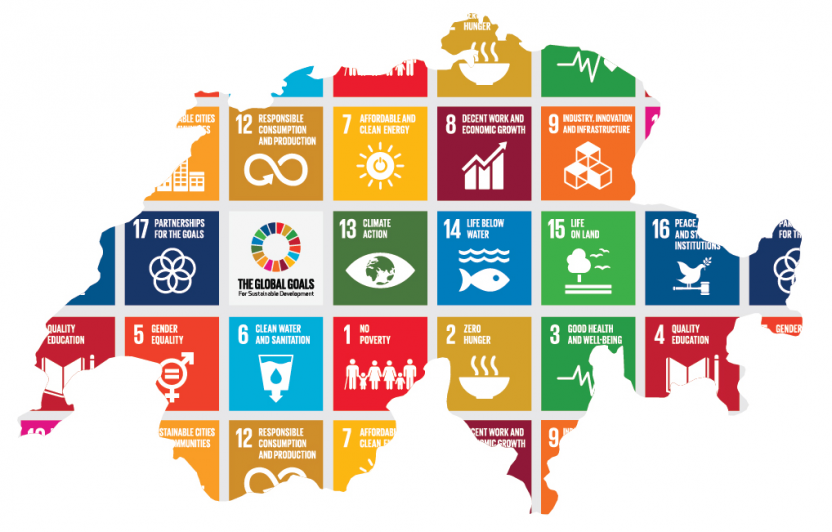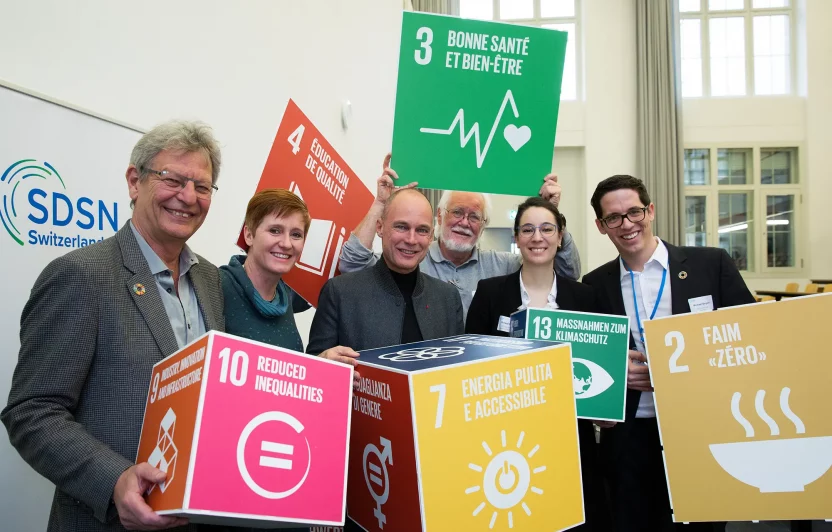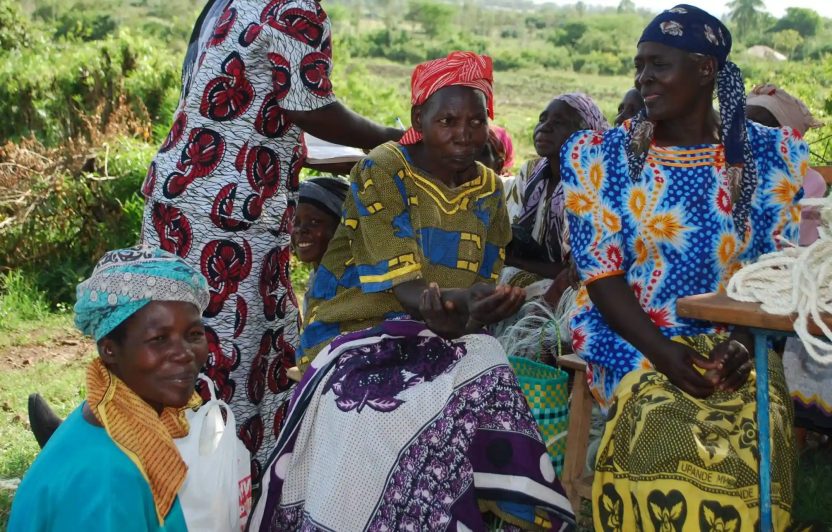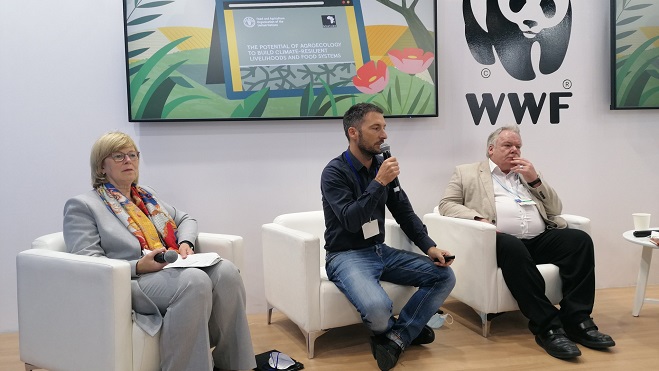
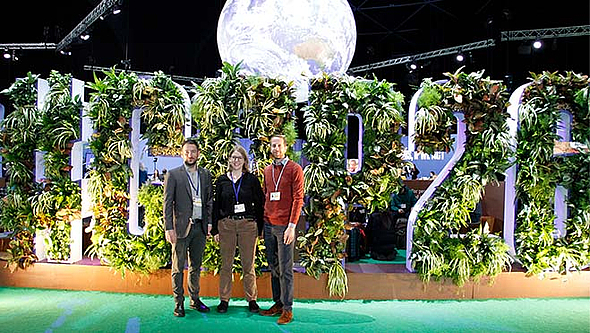
The annual climate summit is the highest decision-making body of the United Nations Framework Convention on Climate Change (UNFCCC). Government leaders and delegates from around the world are debating the practical implementation of the 1.5-degree Celsius target by limiting greenhouse gas emissions, plus how to adapt to climate change and mobilize the financial resources necessary to do so.
Agriculture is central to the topic of climate change
Agriculture is not only directly affected by the impacts of climate change; it is also a main driver of global warming. The convention has insufficiently considered its central role, though. So far, there have only been technical discussions on the topic through the Koronivia Joint Work on Agriculture (KJWA) but no official negotiations. The process at least offers an opportunity to advance the argument that transforming our food systems due to the climate crisis is necessary. To find holistic solutions, Biovision places the synergies and trade-offs between climate adaptation, climate change mitigation, agricultural productivity and nutrition at the centre of the debate.
Biovision’s activities at COP26
Over the past three years of the KJWA, countries, observers and Biovision have contributed their perspectives and recommendations on six agricultural issues to the debate. Since COP26 marked the end of this phase, the crucial questions are now: What comes next for KJWA, and can agroecology play an important role in the future? Offering constructive support for these deliberations and acting as a mediator were two of Biovision’s goals, in addition to forming a closer alliance with the UN Food and Agriculture Organization (FAO), WWF and other organizations. For example, to kick off the negotiations we organized an informal meeting where key actors could exchange views on issues and obstacles and where we could contribute our expertise on the topic. On the agenda were also bilateral discussions with donors, international institutions and organizations and civil society networks.
Additionally, we organized the event “Raising Climate Ambition and Actions for Agriculture and Food Systems: Boosting Koronivia”, where Fabio Leippert presented results from a study on the potential of agroecology to increase resilience to climate change. “The science is crystal clear; we need to focus on the three key elements of (bio)diversity, healthy soils and the participatory creation of knowledge if we want to promote the resilience of food systems to climate change. These should be the undisputed basic building blocks for the KJWA recommendations.”
Biovision’s important role in promoting agroecology
Biovision’s three staff members also served as mediators outside the climate summit negotiations in bilateral talks with donors, international institutions and organizations and civil society networks.
At the end of the first week, it became apparent that the discussions for the KJWA remain primarily politically motivated, which is why the final document did not yet contain any recommendations for its future course. The discussions will continue next year, so Biovision is staying involved!
Nevertheless, it was evident during COP26 that stakeholders perceive agroecology as a promising approach for transforming food systems, and they are eager to discuss it. Much attention was given, for example, to the Transformative Partnership Platform on Agroecology that emerged from the UN Summit in September 2021 to support countries in transforming food systems to become healthier and more resilient, equitable and sustainable.


